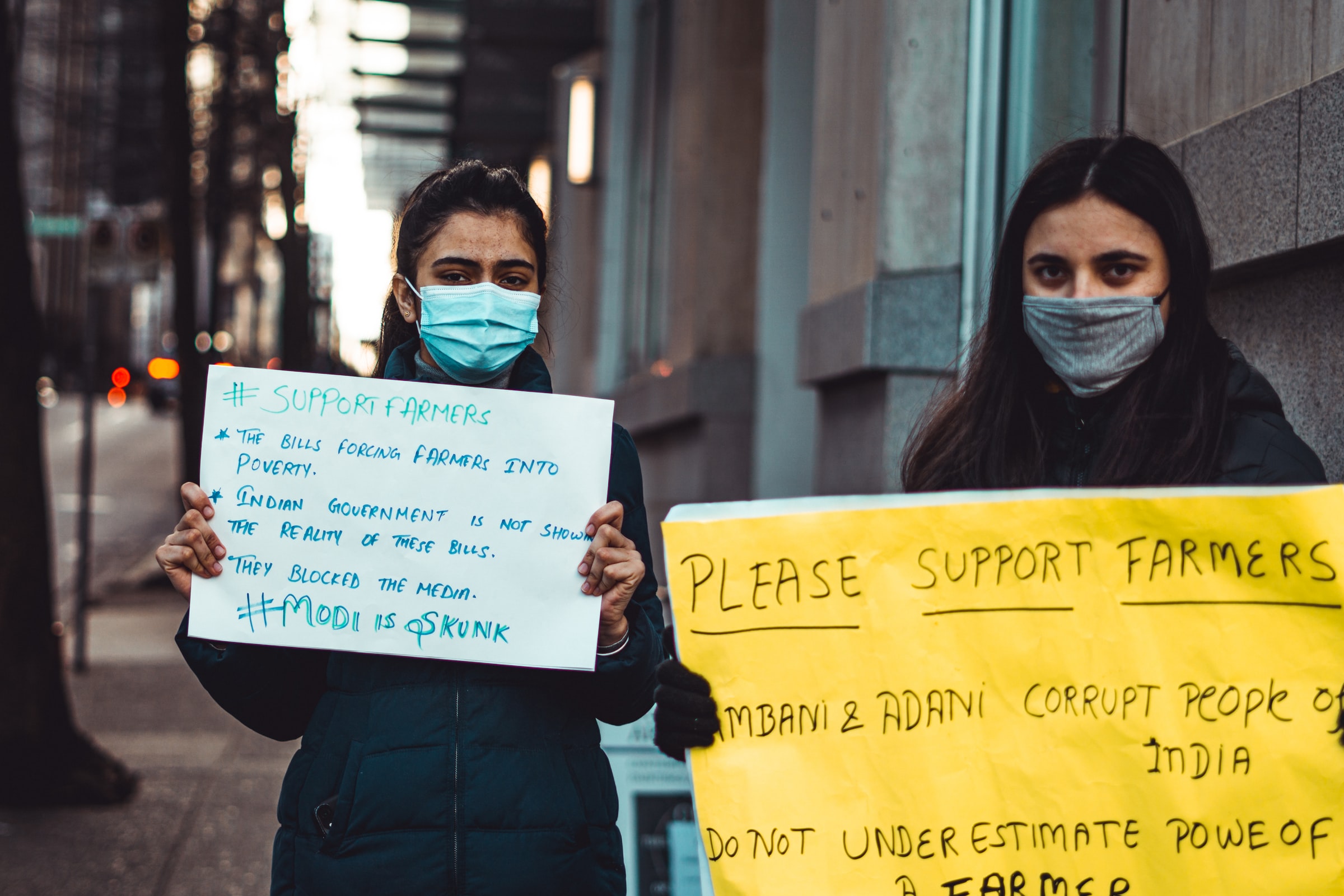Despite a thriving pharmaceutical industry and medical professional class, there is a distinct paucity of women medical leaders in India, now the most populous country in the world set to host the G20 Summit in New Delhi in September. In this post, Julie Davies and Kamal Gulati discuss their ongoing research, underline how this lack may be addressed by the initiatives being considered and implemented by the government, and the path ahead.
Having just celebrated International Women’s Day 2023 last month, it is useful to consider women’s representation in India, in a year when the G20 Summit will take place in New Delhi (9–10 September). Women’s economic empowerment is a priority for India’s G20 agenda. Indeed, at the World Economic Forum in Davos in January 2023, Smriti Irani (Union Minister for Women and Child Development) said that the central government had introduced significant changes in terms of gender equality for women, adding that the Government of India strongly believes in empowering women by providing health servies, insurance, food security, and pension schemes.
A defining quality of a democratic society is equal opportunities for all its members, irrespective of race, gender or ethnicity. Yet, in the Global Gender Gap Report 2022, India was ranked 135 out of 146 countries worldwide, slipping significantly in the health and survival category (it was ranked 140 out of 156, so it has slightly improved its position). According to Worldometer, India’s current population is around 1.4 billion, and it has now exceeded China’s population to become the most populous nation in the world.
It is unfortunate that far more men than women are hired to medical leadership positions in India. Research (e.g., Mousa et al., 2021) has shown an improvement in women’s progress into medical leadership positions thanks to increased awareness and engagement, organisational interventions, better processes, mentorship, fellowships and networking, leadership development, and support systems. Research on women leaders in global health systems carried out by the Bill & Melinda Gates Foundation recommended strategies to empower them (Batson et al., 2021). Furthermore, an announcement in December 2022 at the Women Leading Change in Health and Science in India conference stated that ‘women … increasingly becoming initiators of policies, rather than passive consumers of government initiatives’.
In the healthcare sector, where we are currently researching the importance of medical leadership development, only a small proportion of women physicians occupy senior leadership roles. This is despite research that shows that diversity in healthcare leadership can improve the quality of care, of working lives, community relations, and the health of communities (Corbie et al., 2022; Varghese et al., 2018). What is therefore needed is commitment at all organisational levels to achieve diversity, equity and inclusion in medical leadership and to support leadership development.
Interestingly, India’s Health Policy (2017) recognises that ‘human resource management is critical to health system strengthening and healthcare delivery …. (and) recommends development of leadership skills, strengthening human resource governance in the public health system’. The policy therefore provides a national mandate to invest in leadership capacity-building to achieve the ongoing national health reforms in India such as Pradhan Mantri Swasthya Sewa Suraksha Yojana and the Ayushman Bharat Pradhan Mantri Jan Arogya Yojana.
The World Health Organisation (WHO) data shows that low and middle-income countries like India must increase coverage of priority health services to accomplish the UN’s health-related Sustainable Development Goals (SDGs).Our research will possibly contribute towards achieving the UN-SDGs by developing physicians’ general leadership and management competences to facilitate healthcare reforms to ensure healthy lives and promote well-being for all (SDG-3), achieving gender equality at all levels (SDG-5), and decent work with physicians having a voice and impact in the leadership of healthcare organisations (SDG-8).
In order to achieve the mandate provided by WHO, UN-SDGs, and India’s National Health Policy, the Global Business School for Health (GBSH) at University College London (UCL) and All India Institute of Medical Sciences (AIIMS), New Delhi, with support of Faculty of Medical Leadership and Management, London have launched an international collaborative study entitled ‘Enabling Medical Leadership in India and England: A Comparative Study’ (EMLIE), comparing medical leadership development in India and the United Kingdom. Our research is particularly interested in mapping the journey of a doctor as soon as s/he assumes a leadership role as consultant and reaches the highest position such as medical director, and to also explore the challenges faced by women in their journey to reach a top leadership role.
In January and February 2023, we facilitated several workshops focused on medical leadership development in AIIMS (New Delhi and Vijaypur, Jammu). In these workshops, we discussed the challenges and opportunities for doctors, particularly women in leadership roles. These capacity- building workshops provided guidelines to design and facilitate leadership development programmes specific to the requirements of physicians in India.
We look forward to W20, the official G20 engagement group focusing on gender equity and ensuring gender issues are mainstreamed in G20 discussions. W20’s role is to embed fostering gender equality and women’s economic empowerment in the G20 leaders’ declaration on policies and commitments.
*
The views expressed here are those of the author and do not represent the views of the ‘South Asia @ LSE’ blog, the LSE South Asia Centre or the London School of Economics and Political Science.
This blogpost may not be reposted by anyone without prior written consent of LSE South Asia Centre; please e-mail southasia@lse.ac.uk for permission.
Banner image © Hush Naidoo Jade Photography, ‘This was captured well waiting for the doctor who was busy at the time’, Johannesburg, 2017, Unsplash.







